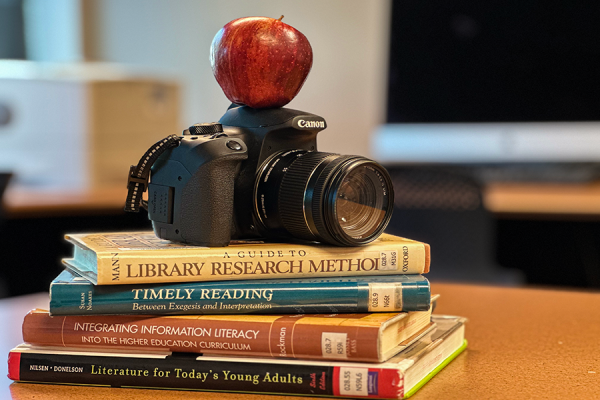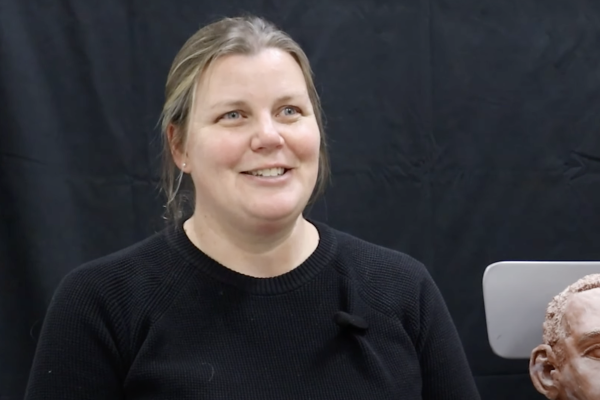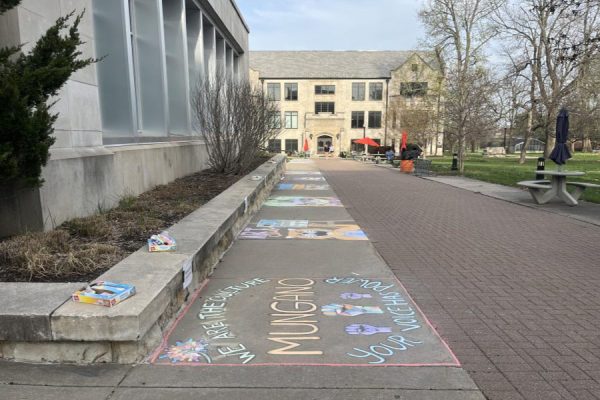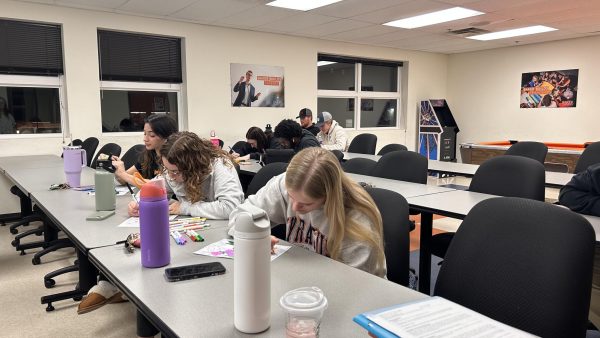Cut funds may affect student’s future career
This article was originally published prior to June 2, 2013. Due to a change in the content management systems, the initial publication date in not available.
I don’t have a backup.
I don’t have a plan B.
I came to Baker University with one goal and one path to follow.
I came to Baker to become a high school journalism teacher in the state of Kansas.
But since the Kansas State Department of Education has considered cutting the funding to journalism programs across the state, I’ve had some moments where I’ve second-guessed my plan.
Since the KSDE announced it might cut the funding, those closest to me have asked what I’m going to do instead. While working in a newsroom or teaching another class at a high school are options, it’s not what I want to do for the next 40 years or so. It’s not what I see myself doing for the rest of my life.
While the KSDE still has to vote on these changes, it’s disheartening to think about the possibility this could happen to journalism programs around the state.
It’s frustrating to know the Board of Education could cut around $700,000 for journalism programs around the state.
Cutting the funding to journalism programs in Kansas will require districts to pay for expensive computer software, like Adobe InDesign and Photoshop, which are essential in journalism programs in high schools.
Some of the money from the state is used to fund journalism teacher salaries, and it would go into effect in 2012. This is just in time for me to graduate with a degree that would make me a candidate for a journalism teaching position.
Districts would have to pick up the tab for programs and salaries, which they might not be willing to do during hard economic times.
Yes, bigger districts might be willing to pick up the bill, but smaller districts throughout the state might not be as willing to fund the programs, and might decide to get rid of them all together.
While the computer software is a necessity for journalism programs to be successful, skills that students learn in journalism classes are essential for life in general.
In journalism classes, students learn how to communicate with peers and adults and how to manage their time between journalism responsibilities, other classes and extra-curricular activities.
Students learn how to research, how to think and be problem solvers. They learn how to analyze situations, how to think objectively and how to work as a team.
The skills I learned in journalism classes in high school were valuable.
So, I don’t need a backup.
I don’t need a plan B.
I’m going to finish out my degree and I’m going to be a high school journalism teacher in the state of Kansas.











